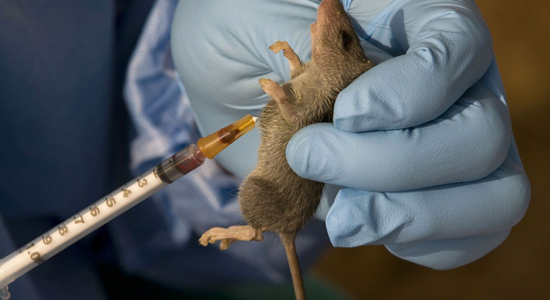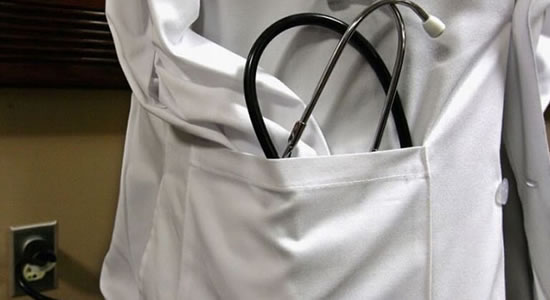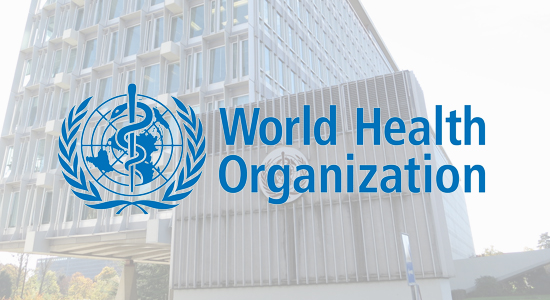Lassa Fever Treatment Remains Free - FG
The Federal Government says treatment for Lassa fever remains free and urged members of the public to disregard news to the contrary.
The Chief Executive Officer of the Nigeria Centre for Disease Control, Dr. Chikwe Ihekweazu, said this in a statement on Sunday.
The NCDC boss disclosed this in a reaction to newspaper reports that the high cost of treating Lassa fever was responsible for the high mortality rate recorded so far in the country.













